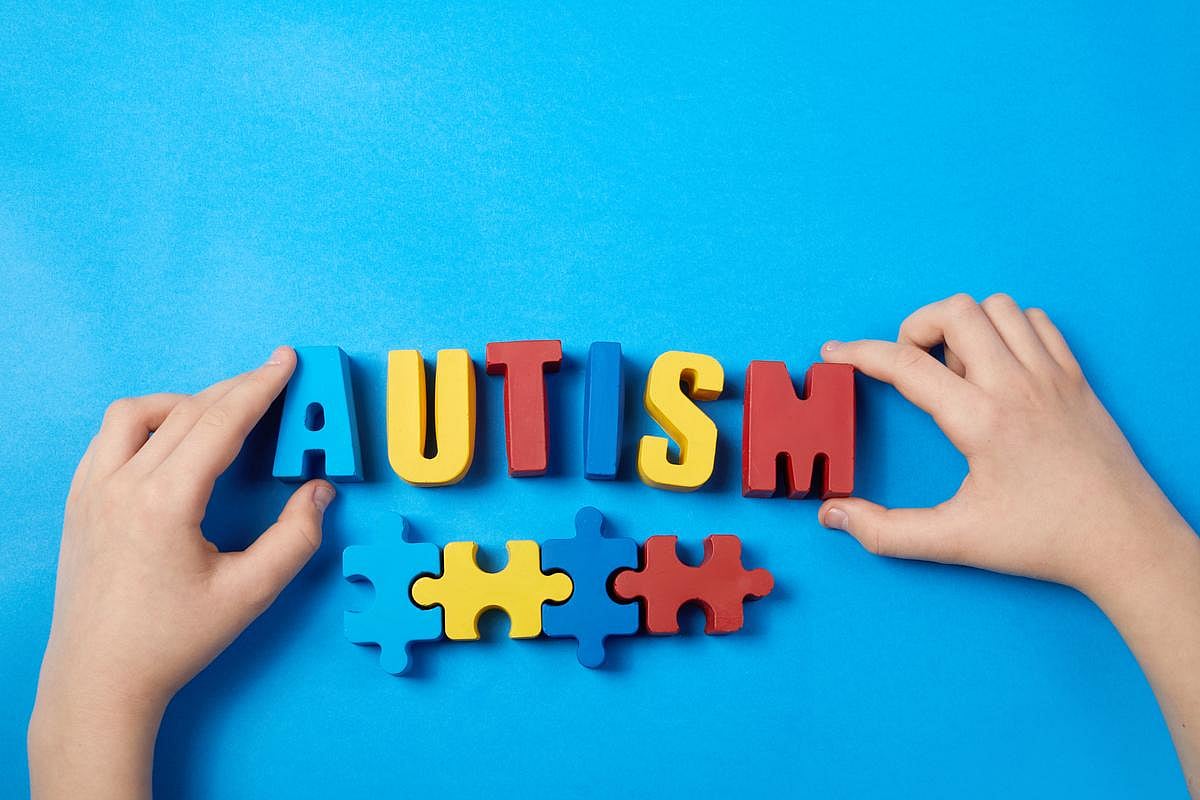Manténgase sano!

- Dennis Thompson
- Posted April 21, 2025
Early Signs Of Autism Might Appear In Infants
Fussiness, sleeplessness and unresponsiveness could be some of the earliest signs of autism in a baby, a new study says.
Using these signs, parents might be able to help detect potential autism within a child’s first year of life, researchers reported in the journal Pediatric Research.
That would be a major advance over current diagnostic techniques, under which autism is usually caught at 3 to 5 years of age, researchers said.
“What we found was the infants at 9 months who were reported to be fussier had a harder time adapting, more difficulty sleeping and more delays in achieving developmental milestones were more likely to show signs of early autism by 12 months,” senior researcher Stephen Sheinkopf, a professor of pediatrics at the University of Missouri’s Thompson Center for Autism and Neurodevelopment, said in a news release.
For the study, parents of 332 babies answered questions about their 9-month-olds’ temperaments and adaptability, including whether they’d seen behaviors like frequent crying, irritability, difficulty calming down and trouble adapting to new environments.
When the infants reached age 1, their parents completed an autism screening questionnaire that assessed their communication skills, sensory sensitivities and behaviors that were restrictive or repetitive.
For example, the screening gauged whether infants responded to their names or were overwhelmed by loud noises like vacuum cleaners.
Results showed that a parent’s observations about their infant’s early behaviors could potentially help spot signs of autism and developmental delays much earlier than previously thought.
It’s too soon to tell if these early signs will lead to a formal autism diagnosis, researchers warned.
However, they could help identify babies who might benefit from early intervention and enhance the ability of pediatricians to assess infant development, researchers said.
“Whether it’s helping infants develop language skills closer to their age-expected levels or developing early social skills that will help them thrive in preschool, we want all kids to flourish,” Sheinkopf said.
Researchers also are tracking other measures of infant behavior, including state-of-the-art ways of tracking infant crying.
But the team says parental descriptions have proven a key tool in tracking babies’ development.
“Parents are intuitive,” Sheinkopf said. “They are experts on their children, and now we are trying to create better ways of measuring those things that they notice about their kids.”
Parents have responded positively to these findings, lead researcher Erin Andres, a postdoctoral fellow at the University of Missouri, said in a news release.
“Parents will often tell me about conversations they have with their doctor regarding their infant’s crying patterns or difficulty calming down,” Andres said. “They are glad to see that we are researching this topic, and they are very interested in these infant characteristics being measured earlier, too.”
More information
The U.S. Centers for Disease Control and Prevention has more on childhood development milestones.
SOURCE: University of Missouri, news release, April 15, 2025





